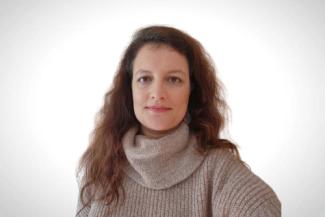Andreia holds a PhD in Ecotoxicology and Environmental Biology and has been researching aquatic organisms' response to stress. Her postdoc at Aix Marseille University focuses on mercury-selenium interactions in hydrothermal vent marine life, merging biogeochemistry and biology for food safety insights.
Host University: Aix-Marseille Université, France
Host research group or department: Mediterranean Institute of Oceanography - MIO
Co-host University: National and Kapodistrian University of Athens, Greece
Secondment institution: Flomics Biotech, Lda., Spain (Flomics) and Swedish Museum of Natural History (NRM)
Advisor: Dr. Lars-Eric Heimbürger
Co-advisor: Dr. Paraskevi Nomikou
Secondment mentor: Dr. Luis Korrodi-Gregório
My research
MerSeFood - Mercury and Selenium bioaccumulation and biological impacts on seafood inhabiting hydrothermal vent areas
The frequently high content of neurotoxic mercury (Hg) in seafood poses humans and seafood safety at risk. The particular affinity of Hg for Selenium (Se) could act as a shield against Hg toxicity to biota by lowering Hg availability and promoting its detoxification. Only contradictory results have been reported thus far. Se is a bioessential element, but Se sources and bioavailability in the ocean and the threshold between beneficial and toxic effects are poorly known. My proposal aims thus to understand Hg-Se interactions at the cellular physiological level to unravel the metabolic pathways that may help biota cope with Hg toxicity. MerSeFood will make use of hydrothermal vents (HV) as natural laboratories where bioessential elements (e.g., nutrients, iron, Se) promote biological productivity, but also toxic elements (e.g., Hg) are released. While tracking Hg and Se availability and their transfer along the food webs, I intend to describe better the life below waters influenced by HV. To track HV-sourced elements, I will learn cutting-edge technology on isotopic fingerprinting and labelling. My focus will be on seafood species and how they cope with chronic Hg toxicity. Changes in biochemical responses and related molecular mechanisms will reveal how this marine life copes with environmental Hg exposure. MerSeFood fits in the Horizon Europe work programme and CIVIS3i hubs by aiming to detect and tackle upcoming challenges regarding the sustainable use of marine resources and contribute to public health. The scientific data generated will be exploited even after the ending of the research activities being of primary relevance to policymakers regarding the risk assessment of Hg and Se in marine systems and food safety. My research will be visible to citizens that will be invited to be active parts with the ultimate goal of informing about the importance of seafood in a healthy and balanced diet and avoiding the consumption of harmful amounts of pollutants.
Date started – Date End
01.02.2024 - 31.01.2026





